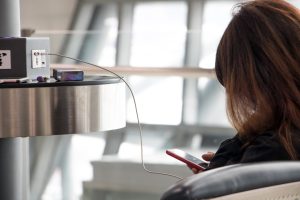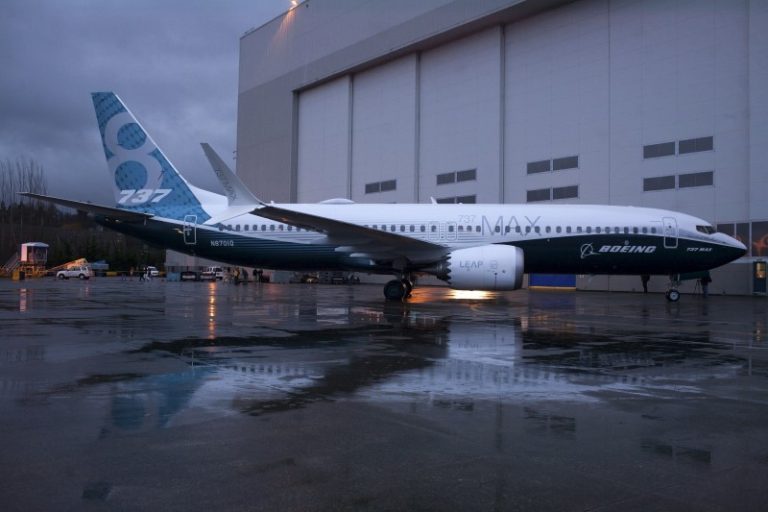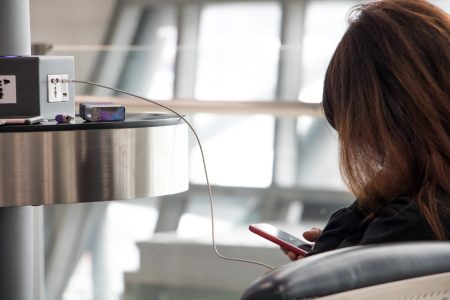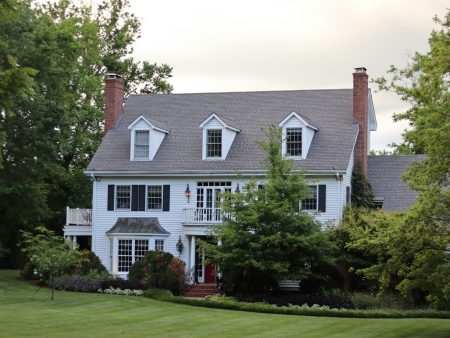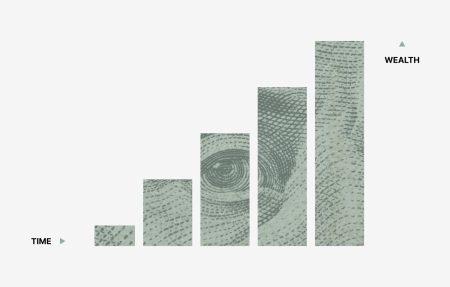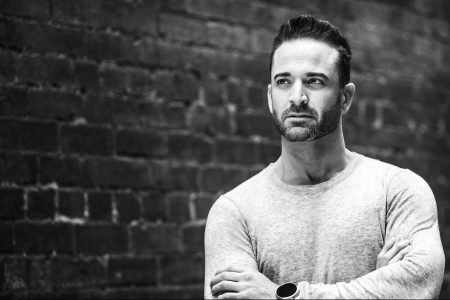By David Shepardson
WASHINGTON (Reuters) -The National Transportation Safety Board said a number of Boeing (NYSE:) and Spirit AeroSystems (NYSE:) executives will testify at a two-day hearing starting Tuesday on the mid-air blowout of an Alaska Airlines 737 MAX 9 door plug in January.
Boeing’s senior vice president for quality Elizabeth Lund and Doug Ackerman, vice president of supplier quality for Boeing, are among those that will testify, the NTSB said.
Terry George, senior vice president and general manager for Boeing Program at Spirit AeroSystems, and Scott Grabon, a senior director for 737 quality at Spirit, which makes the fuselage for the MAX, will also appear, it added.
Last month Boeing agreed to buy back Spirit AeroSystems, whose core plants it spun off in 2005, for $4.7 billion in stock, and Airbus moved to take on the supplier’s loss-making Europe-focused activities.
Several Federal Aviation Administration officials will also testify at the hearing scheduled to last 20 hours over two days on the blowout of the Alaska Boeing 737 MAX 9 door plug with four missing bolts.
The hearing will review issues including 737 manufacturing and inspections, safety management and quality management systems, FAA oversight, and issues surrounding the opening and closing of the door plug.
Boeing has said no paperwork exists to document the removal of the bolts.
Boeing and the FAA did not immediately comment. A Spirit spokesperson said the company “is fully committed to cooperating with the NTSB in its investigation into this incident”.
The FAA in January barred Boeing from expanding 737 production. In June, FAA Administrator Mike Whitaker said the agency was “too hands off” in oversight of Boeing before January.
Also in June, the NTSB said Boeing violated investigation rules by providing non-public information to media and speculating about possible causes.
The safety board said remarks to media made by Lund were “either inaccurate or unknown to the NTSB,” while others had not been previously disclosed.
The NTSB said Boeing would no longer see information produced during its probe and, unlike other parties, will now not be allowed to ask questions of other participants during the hearing.
Last month, Boeing agreed to plead guilty to a criminal fraud conspiracy charge and pay a fine of $243.6 million to resolve a U.S. Justice Department investigation into two 737 MAX fatal crashes.
Read the full article here

